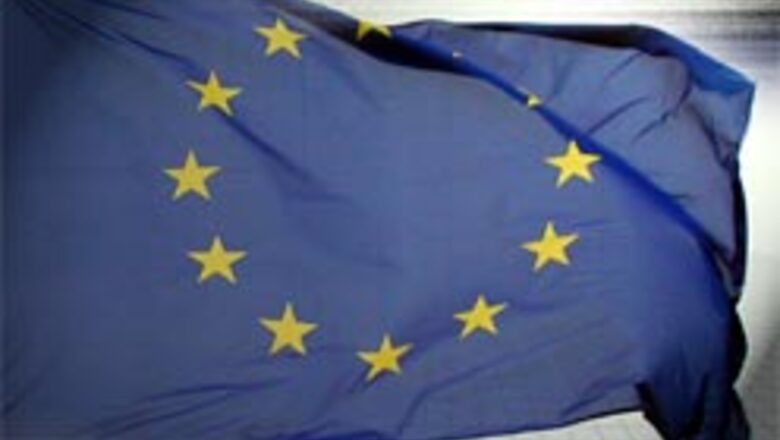
views
Helsinki: The European Union and India will take the first step toward a bilateral trade and investment deal Friday as leaders meet for talks that will also cover climate change, energy, aviation and scientific co-operation.
Both insist that an ambitious trade pact would be an added extra to a deal at the World Trade Organization where talks have stalled over a row on farm subsidies.
But the EU is keen to pursue more individual free trade deals that could strengthen trade rules, notably in investment, public procurement, intellectual property rights and antitrust policy.
The risk of nations becoming more protectionist has increased since the collapse last summer of the latest round of global trade talks amid squabbles over farm tariffs and subsidies
The EU would like to have bilateral free trade deals with India, South Korea, Russia and nations in South America and the Middle East to keep trade links open even if a WTO deal proves impossible in the short term. It wants bilateral deals to be more ambitious than the agreement that was under negotiation at the WTO and call on governments to open contracts to foreign companies and open up the banking and telecommunications sectors.
India wants to attract more investment from the EU to develop its economy and officials said Thursday that New Delhi willing to make changes to encourage more foreign involvement.
PAGE_BREAK
It needs an extra $320 billion to improve its infrastructure over the next five years or some $16 billion in foreign capital every year – this year it is on track to get just $12 billion.
Last year, two-way India-EU trade grew by 20 per cent. The Confederation of Indian Industry expects this to rise to $87.8 billion by 2008. But EU-India trade is hobbled non-tariff barriers – from the EU's high health and safety standards to India's licensing system that can form an obstacle to importers.
Both aim to clear these away, aiming for zero tariffs in a deal that could be concluded by 2009. The first move starts Friday when both agree on the need for a pact.
EU Trade Commissioner Peter Mandelson said Thursday ''real political will'' would be needed to push through the long negotiations to broker an ambitious deal as early as possible.
''We've got to set an ambitious target for what we can achieve by next year and then I hope we can provide a final timeline for the year after that at the outside,'' he said, refusing to give an exact deadline.
India is also a key partner for the EU in southern Asia and the summit will cover co-operation in the fight against terrorism and the Middle East conflict.
The EU and India will also set up regular meetings to discuss oil, natural gas and coal. The EU is keen to promote its ideas about saving energy and reducing the amount of carbon dioxide released when fossil fuels are burnt. CO2 is blamed for global warming.
They also plan to work more closely together on economic policy and labor rights, to negotiate an India-EU shipping deal and conclude a pact that will allow more airlines fly between the two regions.
Both will also sign an agreement for India to take part in Europe's planned Galileo satellite navigation system, a project that rivals the existing US Global Positioning System. The Galileo navigation system will largely be used for public services, such as monitoring ships and traffic congestion.










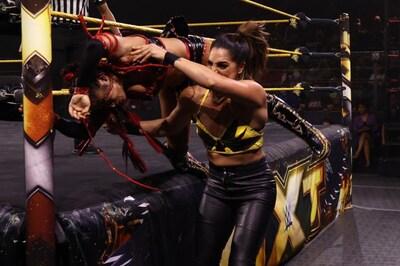
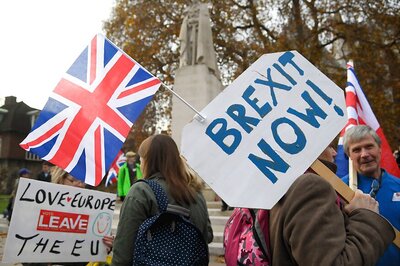
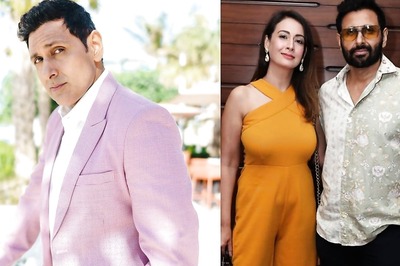


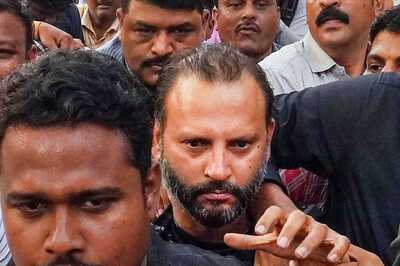
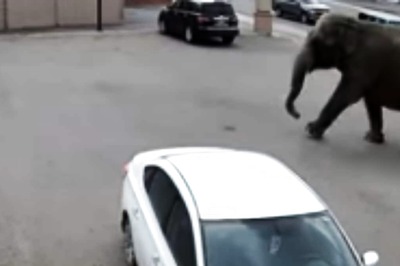
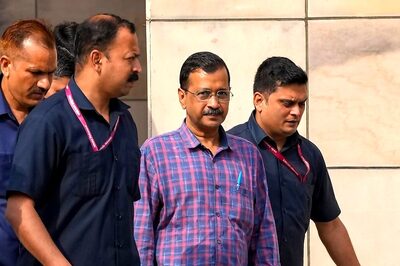
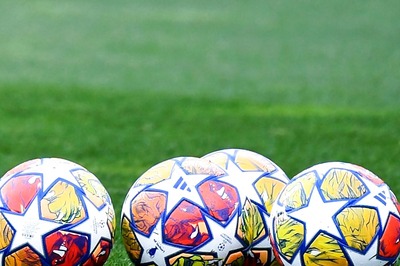
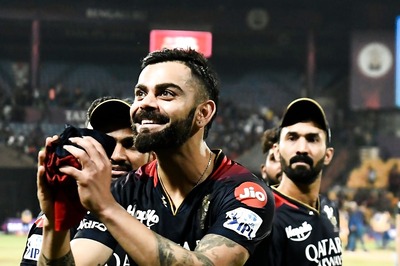
Comments
0 comment